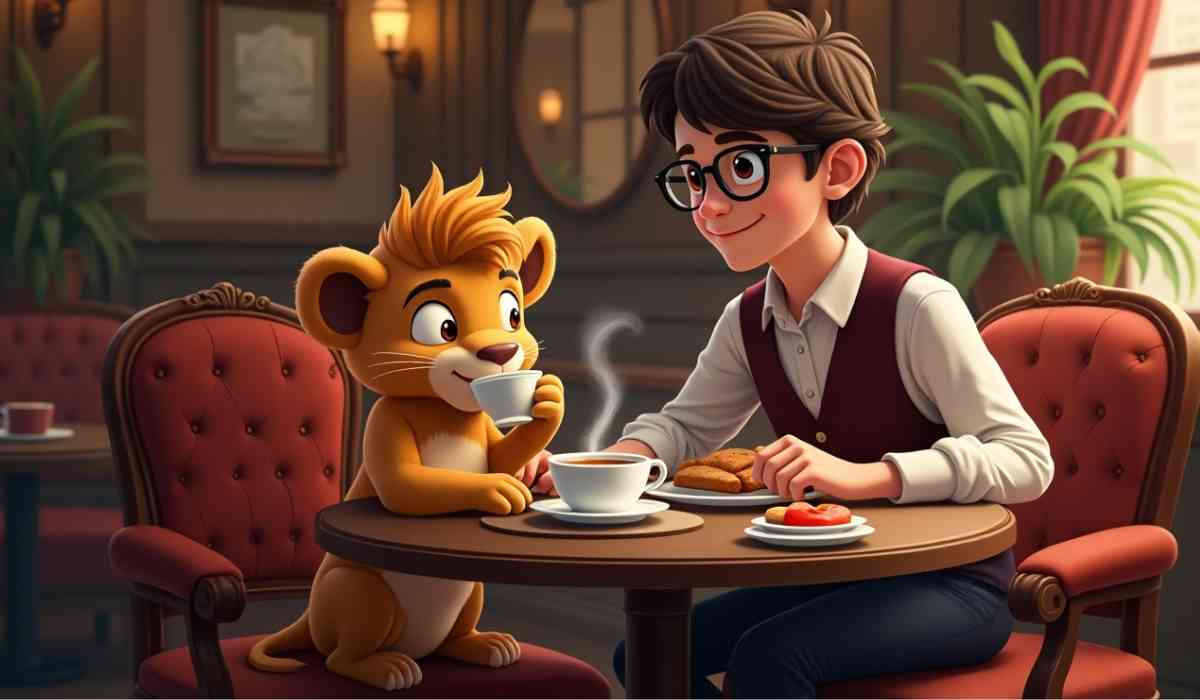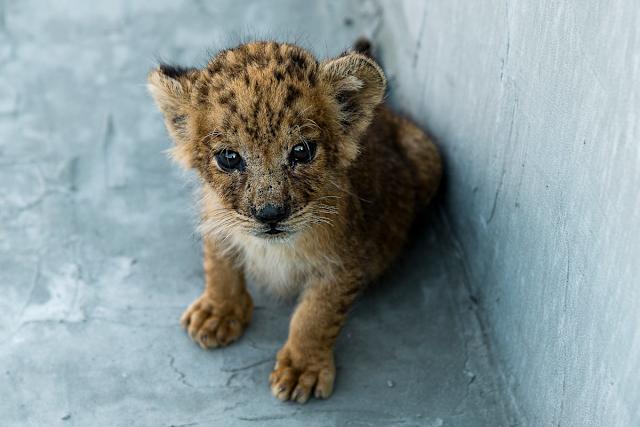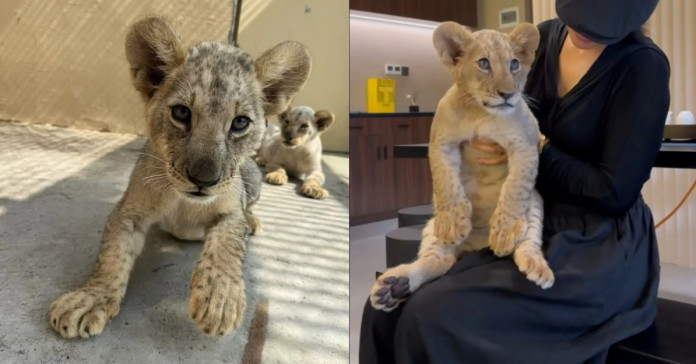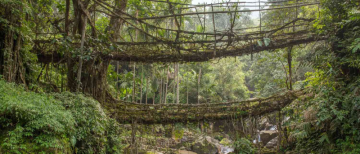Imagine sipping tea and cuddling a lion cub—all in one afternoon. That’s the new idea at Wanhui Restaurant in Taiyuan, northern China, where diners can enjoy a tea‑time set and cuddle baby lions alongside llamas, deer, and other animals for about 1,078 yuan (≈ US $150) .
The restaurant says it holds all proper licenses and employs trained handlers. Staff even stated, “We are just like a zoo... Why can’t lions be used for commercial purposes?” . But local wildlife authorities say such close human‑wildlife contact is illegal under current laws and they are “urgently investigating” .
This isn’t the first time these interactions have raised questions in China. Last month, a hotel in Chongqing was told to stop offering red panda wake‑up visits due to safety concerns and risks of allowing guests near the animals.
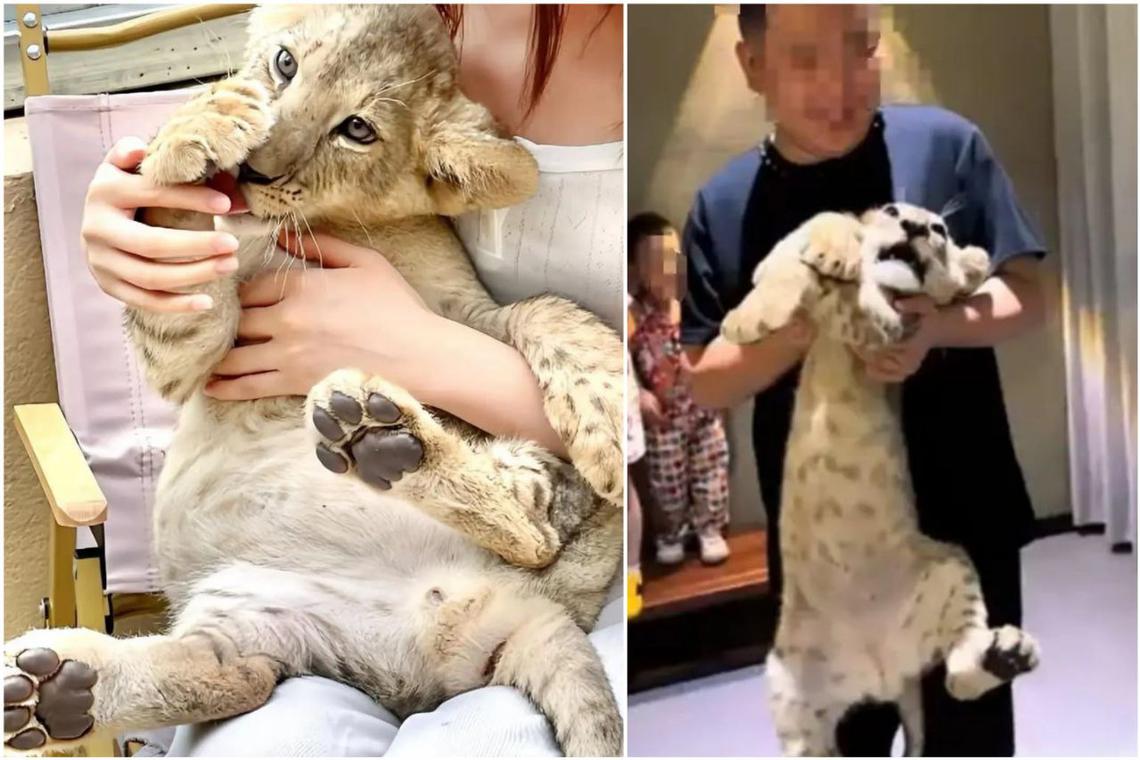
Why Some People Love It
A survey of 267 international tourists visiting lion‑cuddle experiences found interesting reactions:
-
About 84% said their expectations were met, and nearly 58% found it educational.
-
Around 39% felt emotionally touched, and 21% said they felt inspired to support wildlife conservation.
-
For families, it was a draw—69% attended with children, and over half of those kids enjoyed the experience.
Supporters often believe they are contributing to conservation or helping orphaned cubs through such visits.
Why Others Are Worried
Animal‑welfare activists raise serious concerns:
-
Stress and poor care: Studies analyzing videos from cub‑petting venues found cubs showing stress behaviors—hiding, trying to escape, or becoming aggressive—77% of the time.
Even as newborns (some just days old), these cubs are often forcibly separated from their mothers, handled all day in unnatural environments. -
No real conservation benefit: A 2019 report by Southern African tourism experts stated that touching predators has “no education or conservation value” and can harm natural behaviors.
Most cubs here are bred in farms—not rescued—and can’t go back to the wild. When they grow too big, they may be used for canned hunting, breeding, the exotic pet trade, or worse. -
Human safety and health risks: Even stressed cubs can bite or scratch (there are cases of tourists needing stitches).
Close contact also risks spreading diseases between animals and people—zoonotic transmission is well‑documented .
What Happens Next
Authorities in China are now reviewing Wanhui Restaurant’s setup. It’s unclear whether the lion cub tea experience will continue. Around the world, platforms like TripAdvisor and Airbnb have begun banning these hands‑on wildlife encounters.
Afternoon tea with lion cubs may sound cute and exciting. But behind it, there’s a complicated world involving animal stress, ethics, safety, and conservation claims. It’s important to ask: Do we really help animals by cuddling them? Or is watching from a respectful distance a better way?
With inputs from agencies
Image Source: Multiple agencies
© Copyright 2025. All Rights Reserved Powered by Vygr Media.

